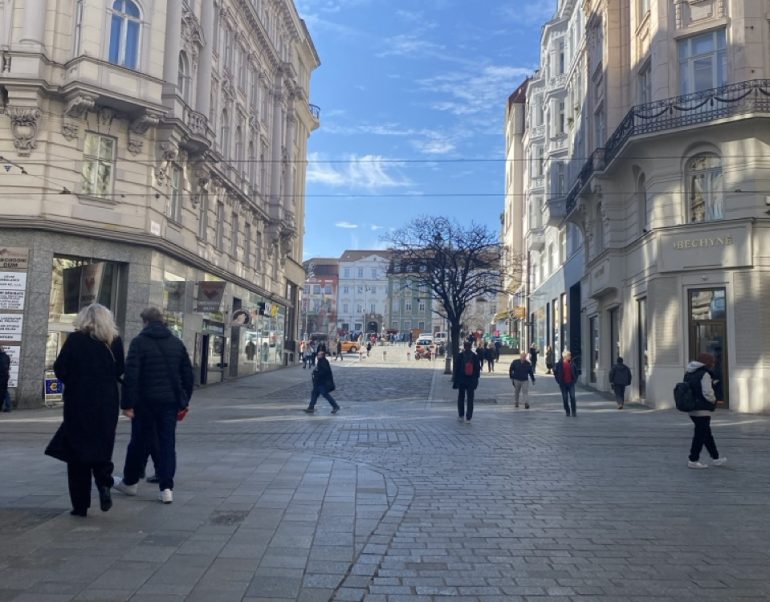Household incomes in the Czech Republic grew by 7.7% last year, reaching CZK 259,900 per person per year on average, but fell by 6.5% in real terms due to high inflation, according to data published by the Czech Statistical Office (CSU) yesterday.
Last year, there were more people who could not afford to buy five of the 13 items surveyed. The share of the population experiencing this material shortage rose from 4.8 to 6.3% year-on-year. However, there were fewer people below the income poverty line, which for a single person was CZK 16,774 a month. Last year 9.8% of people were below this level, compared to 10.2% a year earlier.
Statisticians map household living conditions every spring. They surveyed 11,500 households. The indicators reflect the situation of the year before and last spring.
A person is at risk of income poverty if they earn less than 60% of the median net income per month. Last year, the poverty line for individuals rose by CZK 1,203 to CZK 16,774. It was CZK 1,804 higher for two adults, at CZK 25,160. For a single parent with a child under 13, it was CZK 21,806, up by CZK 1,564 from 2022.
When recalculated last year, income poverty in the Czech Republic threatened over one million people. The number of people living in poverty fell by over 40,000 year-on-year. The number of people in material deprivation last year was around 730,000, an increase of more than 210,000 compared to 2022.
According to statisticians, the decrease in the share of the population below the income poverty line was mainly due to the one-off CZK 5,000 per child allowance, which could be received by households with an annual gross income under CZK 1 million. The income of poorer families rose faster than that of middle-income families.
On average, a household in the Czech Republic earned CZK 259,900 net per person last year. A year earlier, it was CZK 241,200. The biggest year-on-year increase in income was for the elderly, up about 14%. Per person, they rose from CZK 222,100 to CZK 252,900, mainly due to the triple indexation of pensions in 2022 – one ordinary and two extraordinary to compensate for inflation.
On the other hand, the situation of families with children with incomplete incomes improved the least, up 5% from a year earlier. They received CZK 175,500, up from CZK 167,100. From 2020 to 2022, the share of earnings from employment in gross income gradually declined, while pensions and benefits accounted for an increasing share.
Last year, single-parent families with children were the most likely to fall into material deprivation. Five of the 13 items monitored, such as new furniture, a week’s holiday, an unexpected expense of CZK 14,100, meat every other day, and sufficient heating, were unaffordable for almost 27% of households of single parents with children. A year earlier, it was 17%.







